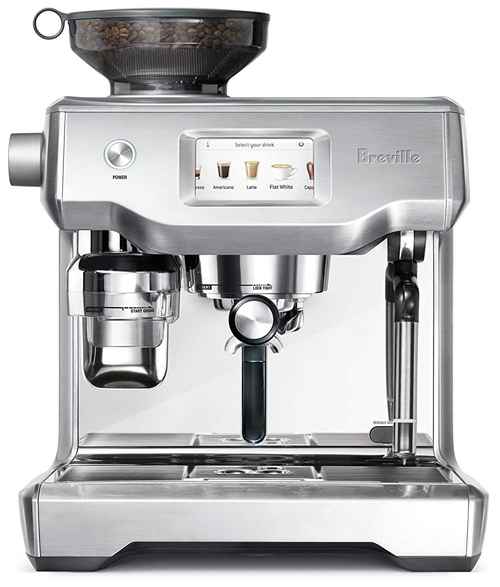Are you wondering any of these? Caffeine in coffee vs green Tea? Caffeine in coffee vs Diet Coke? Caffeine in coffee vs Hot chocolate?
We all have our vices that motivate us to get through the week, and typically those vices involve some amount of caffeine. Most people use caffeinated beverages to become more awake, become less fatigued, and improve concentration. However, there is a limit on the healthy amount of caffeine that someone should consume per day.
Contents
According to the Mayo Clinic, the safe amount of caffeine for adults to consume per day is 400 mg. Within this limit, caffeine is a safe product and actually has a bunch of potential health benefits such as lowering risk of cardiovascular disease, type 2 diabetes, Parkinson’s disease, and certain cancers. However, consuming an amount of caffeine that is over this safe limit can lessen your health. Therefore, we thought it would be beneficial to go through the most popular caffeinated beverages and compare their caffeine amounts to each other.
Coffee
Coffee is by far one of the most popular caffeinated beverages in the United States. A study performed by Reuters and backed by the National Coffee Organization found that 64 percent of Americans drink coffee every day. With all of these people consuming coffee daily, it is important they know the recommended amount they should be drinking. 400 mg of caffeine can be found in roughly four cups of coffee.
Green Tea
This beverage is typically promoted as a health beverage, and it certainly lives up to its reputation. Research has shown that green tea improves blood flow, lowers cholesterol, and prevents a wide range of heart-related issues. Along with these health benefits, green tea contains caffeine as well. The amount of caffeine in green tea varies from brand to brand.
Coffee vs Green Tea
An 8 oz serving of green tea usually has around 35 mg of caffeine, but it can also range anywhere from 30-50 mg of caffeine. To be sure how much caffeine is in your tea bag, be sure to check the label.
With that, it takes about 8 cups to reach your daily limit. This ranks green tea at #2 on our list, still not having as much caffeine as coffee but having more than Diet Coke and hot chocolate.
Diet Coke
Diet Coke, since its introduction in 1982, has become a popular staple in many peoples’ diets. In a typical 12 oz can of Diet Coke, there is 42 mg of caffeine.
Coffee vs Diet Coke
This means that you would need to drink more than ten 12 oz Diet Cokes to exceed your daily maximum. While this is does not reach the caffeine levels that coffee has, it does exceed the amount of caffeine found in hot chocolate, making it one of the more moderate caffeine sources.
Hot Chocolate
Some may not know this, but hot chocolate is caffeinated because it is made with the cocoa bean that naturally contains caffeine. Despite this being just a seasonal drink for most, knowing the differing caffeine amounts in several hot chocolate brands could be helpful. For example, a Swiss Miss Hot Chocolate mix contains 5 mg of caffeine while a Starbucks Grande Hot Chocolate contains 25 mg caffeine.
Coffee vs Hot Chocolate
Clearly, the amount of caffeine in hot chocolate does not measure up to coffee as it would take 16 Starbucks Grande Hot Chocolates to reach your daily limit of caffeine.
